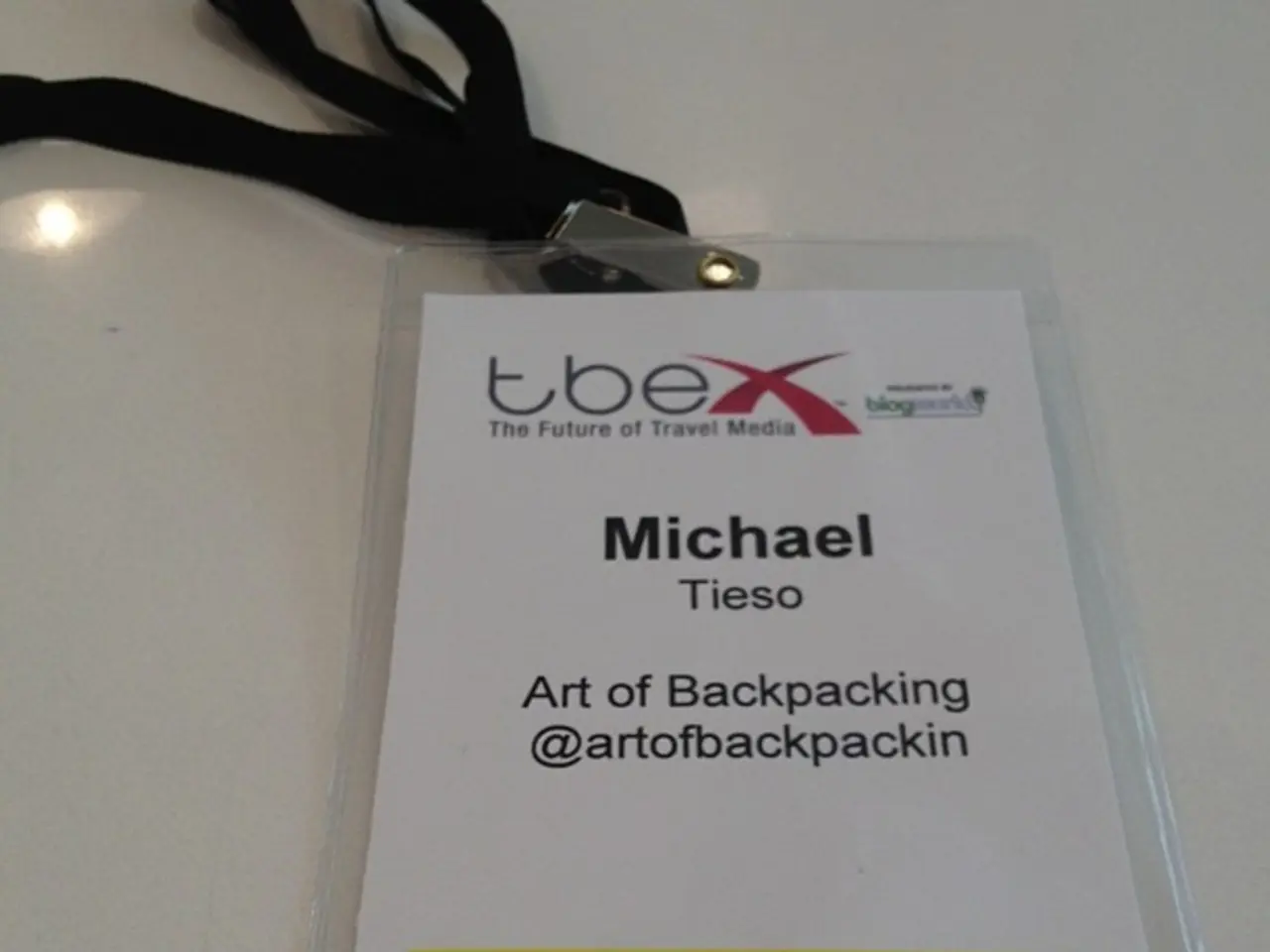Mechanical and Aerospace Engineering Department Temporarily Led by Jianshun 'Jensen' Zhang
Syracuse University's College of Engineering and Computer Science (ECS) has announced that Professor Jianshun "Jensen" Zhang, a renowned expert in building energy and environmental systems, will assume the position of Interim Department Chair of Mechanical and Aerospace Engineering (MAE) effective July 1, 2025.
Professor Zhang, who is also the Executive Director of the Center of Excellence in Environmental and Energy Systems (CoE), brings a wealth of experience to his new role. With a Ph.D. from the University of Illinois at Urbana-Champaign (1991) and eight years as a researcher at the National Research Council of Canada, he joined Syracuse University in 1999.
Zhang's areas of expertise include combined heat, air, moisture, and pollutant simulations in buildings, material emissions, air filtration and purification, ventilation, indoor air quality, and intelligent control of building environmental systems. He has over 35 years of research experience and has authored more than 200 peer-reviewed journal papers and over 100 conference papers.
In addition to his research, Professor Zhang has developed various advanced experimental methods, tools, equipment, and computer simulation models relevant to these fields. His research program at Syracuse has received over $20 million in sponsored research funding focused on building energy and environmental systems.
As a dedicated educator, Professor Zhang teaches both graduate and undergraduate courses in building energy, environmental systems, and fundamental heat and mass transfer, mentoring many Ph.D., M.S. students, and postdoctoral fellows.
ECS Dean J. Cole Smith considers Professor Zhang one of the best respected researchers, educators, and leaders in his field. He expressed his excitement about Professor Zhang's new role, saying, "Jensen's expertise, dedication, and leadership will undoubtedly benefit our department, college, university, and the profession."
Professor Zhang expressed his gratitude for the trust and support from the faculty, staff, and ECS leadership, and thanked Professor Young Moon for leading and serving MAE over the last decade. He also acknowledged his predecessor's hard work and contributions, stating, "I am honoured to follow in the footsteps of Professor Young Moon and am excited about the opportunity to serve the department, college, university, and the profession in my new role."
Over the years, Professor Zhang has served in various leadership roles, including being the editor-in-chief of the International Journal of Ventilation, the vice president of the Indoor Air Quality, Ventilation and Energy Conservation Association, the president and chairman of the board of the International Association of Building Physics, and a fellow of the American Society for Heating, Refrigerating and Air Conditioning Engineers. He is also a member of the International Academy of Indoor Air Science (ISIAQ fellow).
With his extensive experience and expertise, Professor Zhang is considered one of the premier experts worldwide on built environment systems. His appointment as Interim Department Chair of MAE is expected to further strengthen the department's position as a leader in building energy and environmental research and education.
[1] Source: Syracuse University News, 2025.
Professor Zhang's extensive research and teaching experience in building energy, environmental systems, and heat transfer, coupled with his leadership roles in various academic organizations, make him a prime candidate for discussing topics related to science and education-and-self-development. For instance, he could share insights on the application of his research to create sustainable and energy-efficient buildings, or his strategies for mentoring graduate and undergraduate students in the field.




